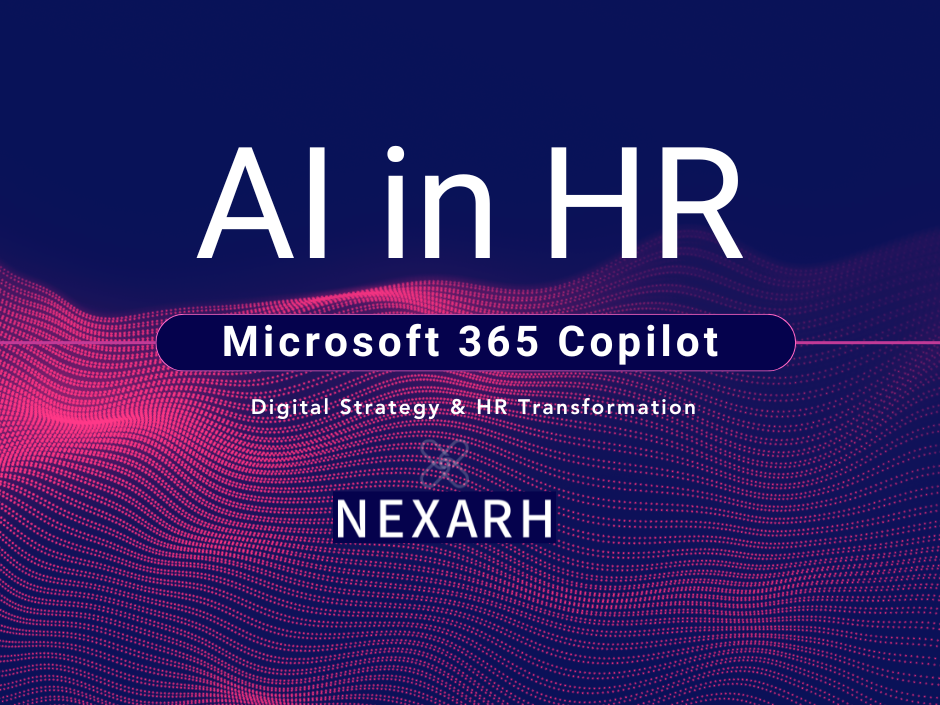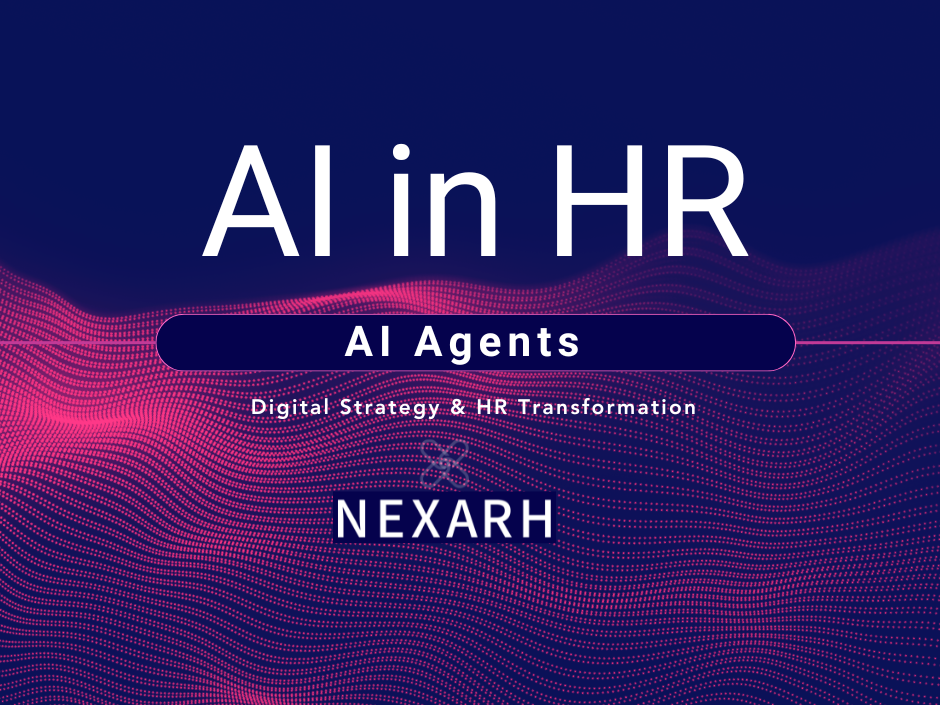Microsoft 365 Copilot, Certainly Your First Step Towards AI in HR
- Jean-Baptiste Audrerie

- Aug 12, 2025
- 4 min read
Here's why Microsoft 365 Copilot constitutes the first step for large-scale AI adoption in HR and for employees
Microsoft 365 Copilot represents the most pragmatic and transformative path for human resources departments looking to adopt artificial intelligence, although strategic implementation requires careful evaluation of its revolutionary potential and inherent limitations.
Note 1: Microsoft Copilot is a separate version, web or desktop application with a free version available in web mode to compete with ChatGPT.
Note 2: Microsoft Copilot Studio allows administrators to create AI Agents and knowledge bases connected to Microsoft SharePoint or Microsoft OneDrive with just a few clicks.
1- The advantage of complete Microsoft 365 Copilot integration
Unlike standalone AI solutions that require complex integrations, extensive training, and new learning curves, Copilot integrates seamlessly into the Microsoft 365 ecosystem, used daily by 94% of businesses.
Copilot thus creates an integrated and unified AI experience throughout your entire digital work environment. It's a fairly easy and practical first step to take.
The integration extends to almost all Microsoft applications:
Outlook
Word, Excel, PowerPoint,
SharePoint, OneDrive, OneNote,
MS Forms, MS Project, MS Loop,
Microsoft Viva and Viva Skills
And many others...
This global integration eliminates the main barriers to AI adoption:
technical complexity,
user resistance,
deployment friction,
slow selection and qualification of security levels,
multiple solutions creating architectural complexity and fragmentation,
costs that add up and the need to decommission if usage is not enhanced.
HR professionals can leverage AI in every dimension of their daily workflows, whether it's writing sophisticated job descriptions in Word, analyzing complex workforce data in Excel, managing candidate files in SharePoint, or creating surveys via MS Forms, all with consistent AI assistance.

2- Enterprise-grade AI performance
Microsoft 365 Copilot offers AI performance comparable (or close) to OpenAI while meeting the security and compliance requirements of large organizations. Companies therefore don't have to choose between AI quality and seamless integration; they benefit from both within a single solution.
Copilot Studio simplifies the creation of conversational assistants in Teams, while transforming SharePoint and OneDrive into intelligent knowledge bases with minimal technical effort.
The "low-code/no-code" approach democratizes AI development and allows HR teams to design complex automations without traditional programming expertise.
3- Validation and enterprise-scale capabilities
Enterprise-scale validation is compelling:
70% of Fortune 500 companies have adopted Microsoft 365 Copilot
94% of CIOs plan to implement it within a year.
This is therefore not experimental technology, but proven technology, with integrated enterprise-level security, compliance, and governance frameworks. This is reassuring.
To learn Microsoft 365 Copilot and Copilot Studio to create AI Agents, see this link: https://adoption.microsoft.com/en-us/copilot/

But obstacles are slowing enthusiasm for MS 365 Copilot in businesses...
1- Strategic cost considerations
Organizations must however deal with substantial financial realities. The cost of Copilot licensing per user per month is around $30 to $40. This approaches the cost of a very comprehensive HRIS, making strategic audience targeting essential rather than widespread deployment. This pricing structure requires a progressive approach that favours high-impact use cases.
For medium and large enterprises, the optimal starting point is in HR service centres and centres of excellence, where automation can immediately transform a high volume of employee-manager requests and measurably reduce transaction costs. These teams manage repetitive and standardized processes, those that benefit most from AI reinforcement, creating clear Return on Investment (ROI) paths that justify subsequent expansion.
2- Essential limitations to Microsoft 365 Copilot implementation
Despite the "low-code/no-code" promise, successful Copilot deployment requires solid knowledge of Microsoft 365 architecture and well-established governance frameworks for roles and responsibilities.
In medium and large organizations, managing Microsoft 365 Copilot and its governance becomes a full-time function requiring dedicated expertise.
Moreover, to unlock Copilot's full potential, you need to leverage Microsoft Power Automate and Power Apps, adding an additional layer of technical requirements. This integration with Power Platform, while powerful, demands specialized skills often absent from internal HR teams.
Integration with existing HRIS, CRM, ATS, document management systems, and collaborative tools remains limited to available connectors, which can restrict the scope of automation and push organizations to work primarily within the Microsoft ecosystem rather than combining the best solutions on the market.
So, ready to transform your HR strategy through AI?
The success of AI adoption in HR isn't just about choosing the right technology; it relies on identifying use cases that will offer maximum impact and architecting an HRIS ecosystem that will enhance your AI investment.
Whether you're evaluating Microsoft 365 Copilot, considering other AI solutions, or looking to streamline your HR technology stack for intelligent automation, nexarh.com provides the strategic guidance needed to transform AI potential into measurable business results.
Don't go through this transformation alone. Contact us to identify AI opportunities in HR within your reach and propel your AI strategy.

Clarify and quantify your HRIS and AI in HR strategy: write to us, schedule an appointment to discuss your needs, subscribe to our newsletter, and download one of our 2025 HRIS mappings now here → https://www.nexarh.com/cartographies-hr-tech-hcm-talent






Comments